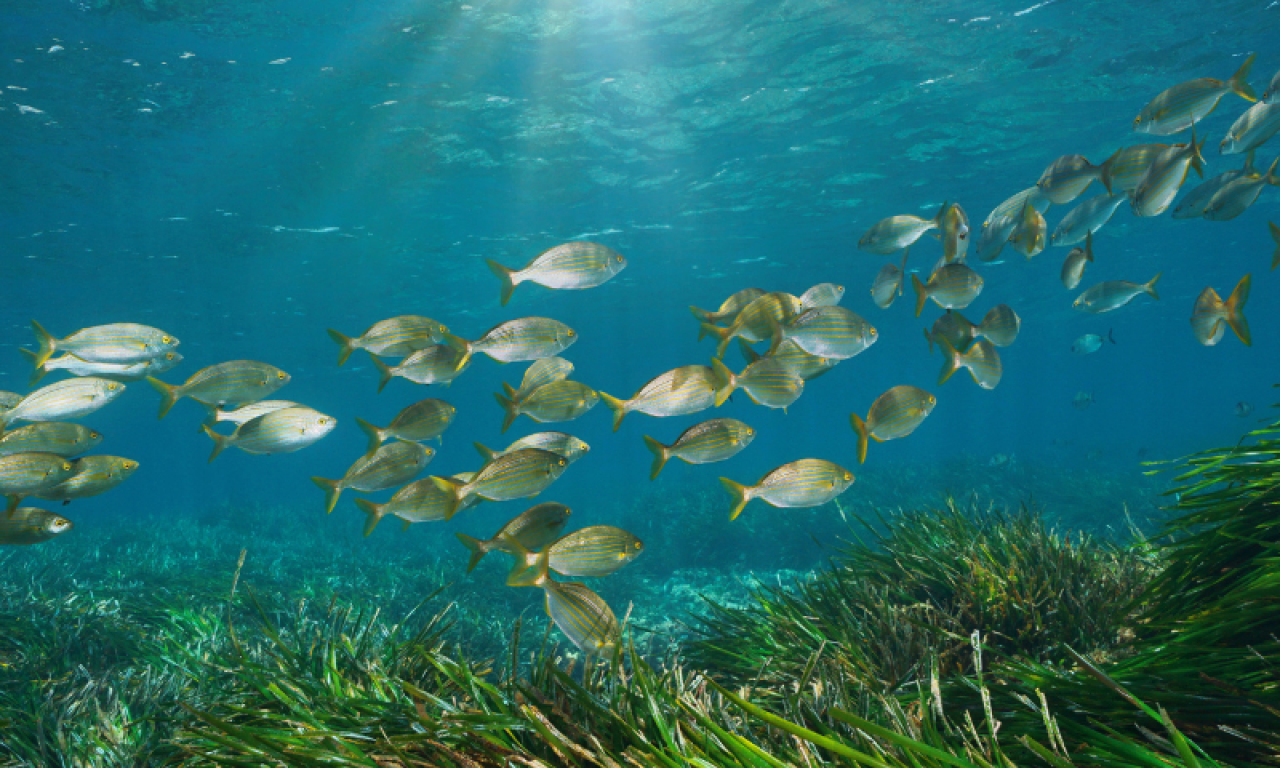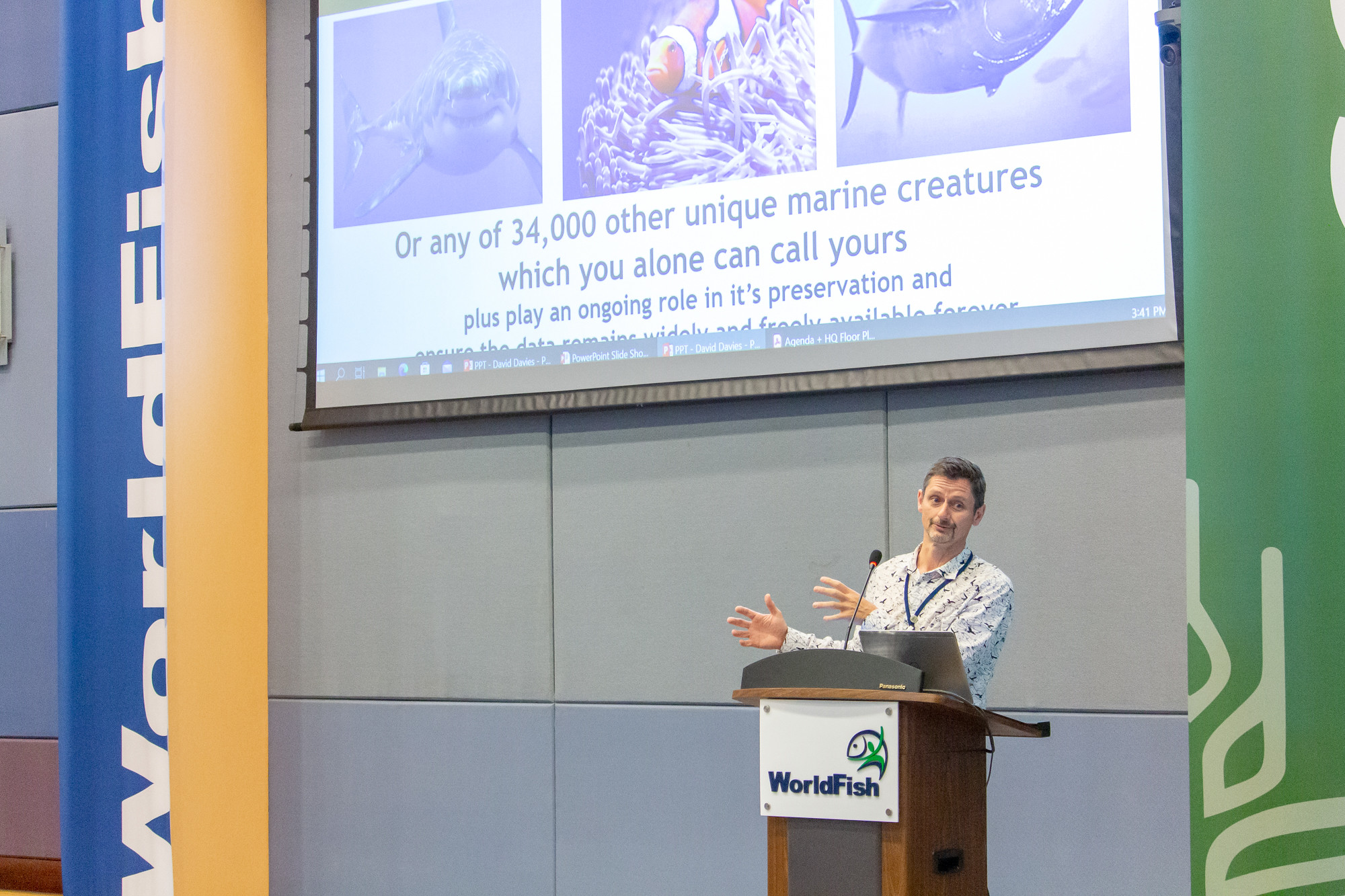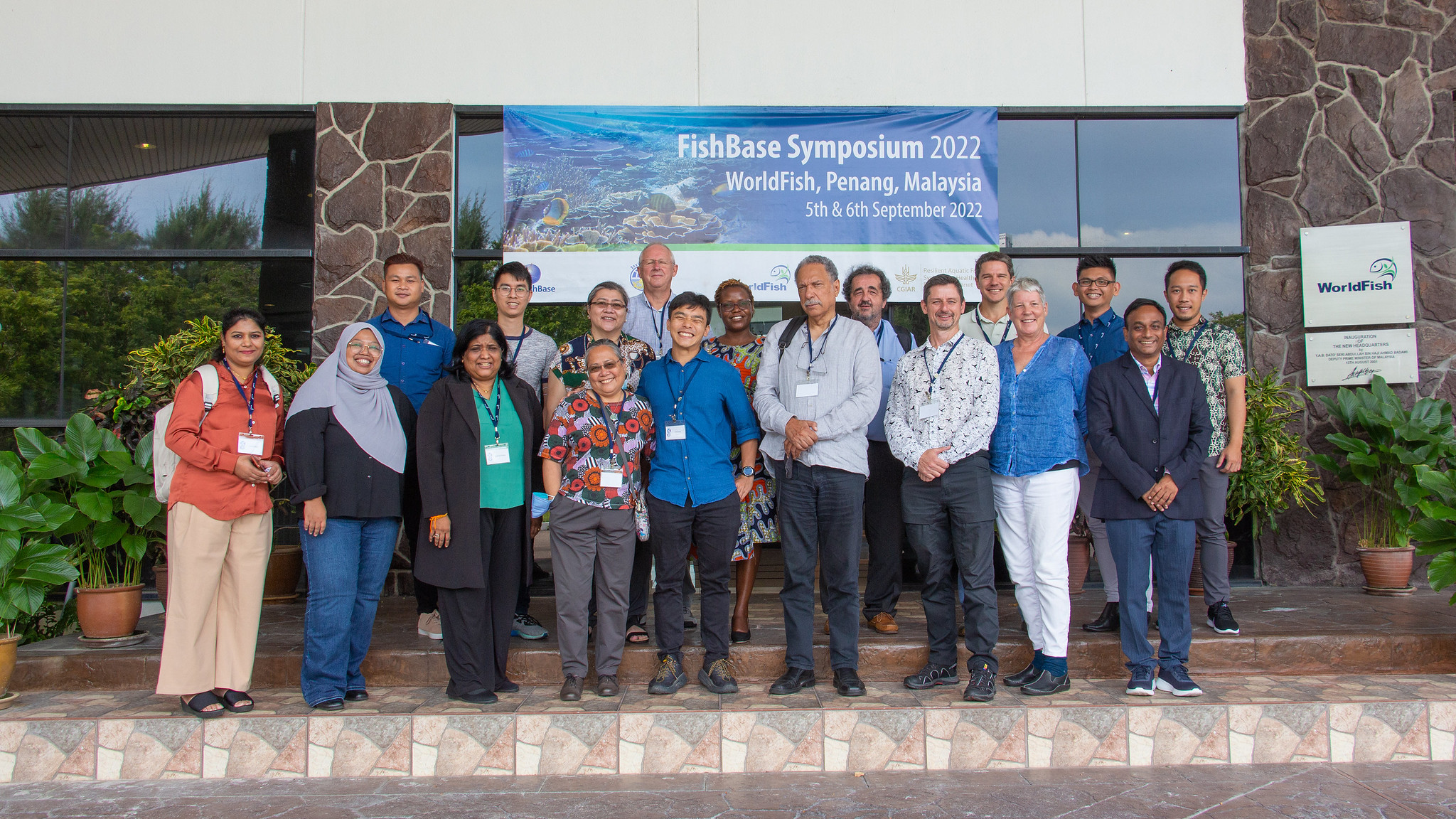
- A new study has found that FishBase is one of the most cited sources in the history of scientific research.
- FishBase has also attracted users in more diverse fields beyond its traditional user base.
- Despite being an increasingly valuable resource, FishBase is continually at risk of shutting down due to financial constraints.
What do researchers in fields as diverse as agriculture, mathematics, economics, psychology and even nursing have in common?
A database about marine fish, known simply as FishBase.
The free-to-use, online resource contains information on a range of fish-related factors, such as species distribution, habitats, fecundity as well as size and length relationships from all over the world.
And as it turns out, it is one of the most cited sources in the history of scientific research, according to a new study published in Cybium, the International Journal of Ichthyology.
Expanding beyond its traditional user base

Researchers used online tools Scopus and Google Scholar to count the number of FishBase citations – the method scientists use to attribute the source of their data. The results were emphatic.
According to Scopus, FishBase has received a total of 10,685 citations from 1994 to 2022, placing it in the top 1 percent of cited publications of all time. The year 2020 was particularly high-scoring, with the resource receiving over 1,200 citations. It also found that FishBase has the most annual citations of any fisheries resource and is the fourth most-cited resource on fish, ever. Google Scholar recorded over 15,000 citations, with an average of 1,200 per year from 2017 to 2021.
The vast majority of citations were in peer-reviewed journal articles but FishBase was also mentioned in book chapters, conference papers and reports. As might be expected, these ranged from closely-related subjects such as fisheries biology and management, parasitology, marine ecology and conservation as well as fish diet composition.
But FishBase also attracted users in more diverse fields. For example, in psychology, scientists used it in a study looking at the shoaling behavior of zebrafish and black neon tetras. While in human nutrition, it was used in a study that looked at the contribution of freshwater catfish Mystus bleekeri to diets based on the method of preparation.
The authors of the article in Cybium point out that FishBase is also of growing interest beyond the scientific community, with an increasing number of users including anglers, librarians, illustrators and translators. Furthermore, they stress that the number of citations provided by Scopus and Google Scholar is likely to be conservative, given that some information is attributed in a way that bypasses FishBase.
Operating on a shoestring budget

The FishBase website, which hosts the database, is run by a non-profit team in the Philippines. It is part of the FishBase initiative, which is jointly led by a consortium of 12 organizations, including WorldFish, FAO and the University of British Columbia among other universities and museums.
“This just goes to show how valuable FishBase is as a resource for a huge range of people in a huge range of disciplines,” said Alex Tilley, a senior scientist at WorldFish, who was the FishBase Consortium chair in 2021/2.
“But it’s shocking that a resource so valuable operates on a shoestring budget and is continually at risk of shutting down. People and funders don’t realize the costs associated with maintaining and updating publicly available knowledge. The same thing can be seen with Wikipedia and its constant requests for donations. With fisheries and ocean health in decline, it’s more important than ever to find ways to fund FishBase and ensure it can continue to benefit its huge range of users and beneficiaries,” Tilley added.
Tilley is a regular user of and contributor to the Fishbase database, as part of the three-year AquaData project. This is part of the Aquatic Foods CGIAR research initiative, which supports the generation and use of robust and coherent data on aquatic food systems to support evidence-based policymaking and investments.
